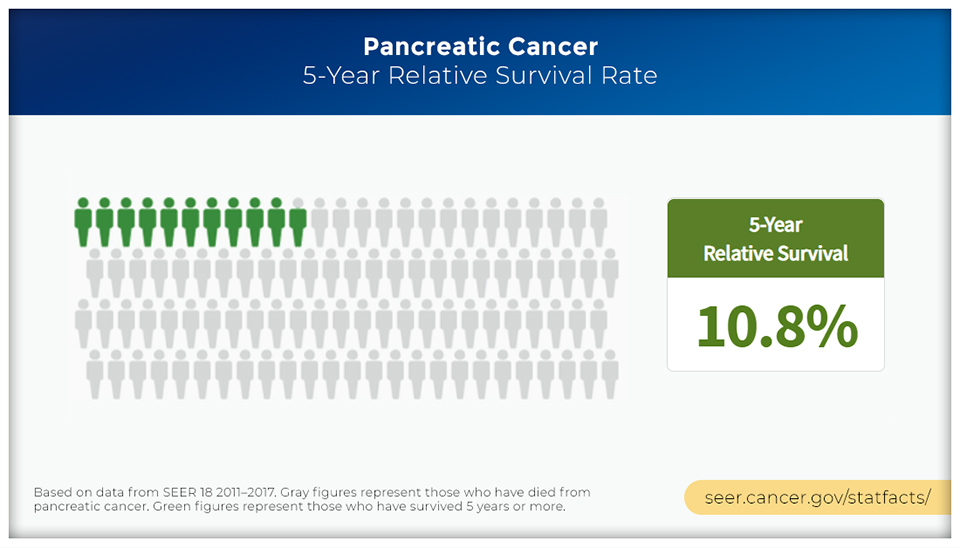
Ruolo di iRhom2 nella regolazione dei livelli delle molecole del complesso maggiore di istocompatibilità di classe I e nella risposta dell’adenocarcinoma pancreatico all’immunoterapia
Abstract
Pancreatic ductal adenocarcinoma (PDAC) is one of the most aggressive cancers and generally resistant to immunotherapy. A major cause of PDAC limited sensitivity to immunotherapy is loss of MHC-I cell surface expression. Therapies to augment the sensitivity of PDAC to immunotherapy are urgently needed. iRhom2 is a ER-associated protein strongly linked with TNFα and IFN-I signalling pathways for its ability to mediate trafficking and activation of the TNFα-convertase and the stimulator of interfe- ron gene (STING), respectively. We hypothesize that iRhom2 can increase MHC-I cell surface levels in PDAC cells, thereby playing
a beneficial role in enhancing PDAC sensitivity to immunotherapy. The major aim of this proposal is to dissect the role of iRhom2 in the regulation of MHC-I in the context of PDAC.
Impact:
This project proposes to study the role of iRhom2 in PDAC and its potential involvement in regulating MHC-I levels in this tumor. Accomplishment of its objectives by using innovative techniques in proteomics, such as hiSPECS and suSPECS, and established col- laborations between Fondazione Ri.MED, University of Palermo and Technical University of Munich, may have a terrific impact on the scientific field and society.Indeed, this multidisciplinary project may be translated into clinical benefits for PDAC patients, whose prognosis is dismal at the moment. Furthermore, upon positive outcome of the proposed project, similar proteomic approaches could be used to identify biomarkers that can be useful for the tre- atment of other types of tumors, including colon and lung cancer.
Pipeline
-
CLINICAL
NEED -
DISEASES
ANALYSIS - DISCOVERY
-
PRECLINICAL
VALIDATION -
PRECLINICAL
DEVELOPMENT -
CLINICAL
STUDIES
Principal Investigator
Contatto
Team di progetto:
Donatella Pia Spanò
Aree terapeutiche:
Prodotto:
Biomarcatori – Farmaci chimici e biologici
Collaborazioni:
- German Center for Neurodegenerative Diseases (DZNE), Monaco, Germania
- Weill Cornell Medicine Graduate School of Medical Sciences, New York, Stati Uniti
Scarica il pdf del progetto

